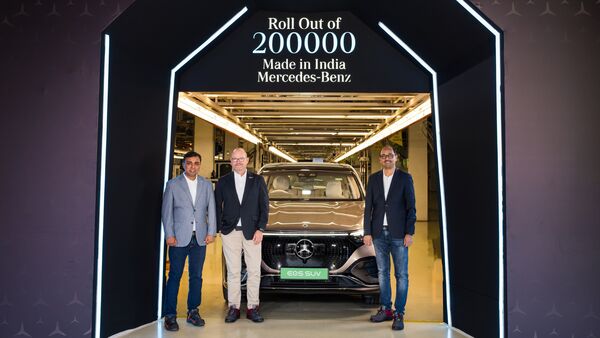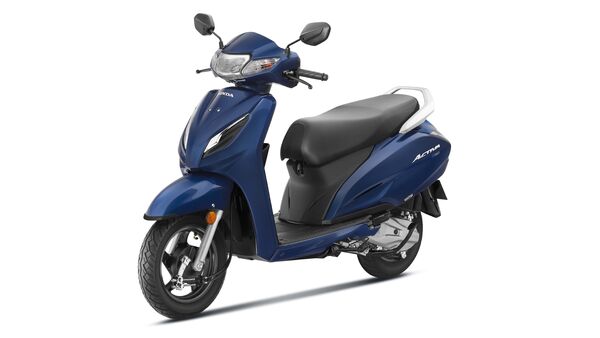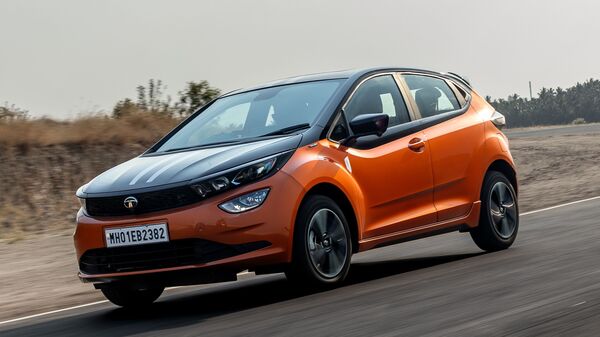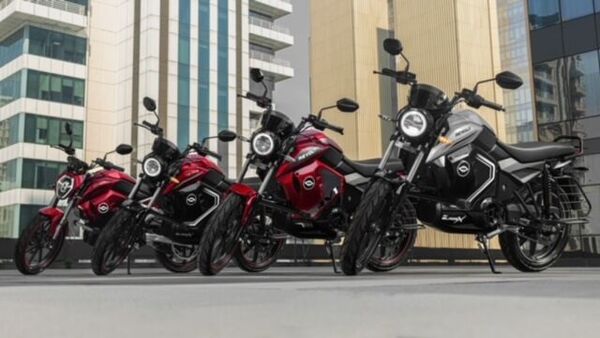
World EV Day: Is India ready to embrace ‘afffordable’ electric cars?
7 months ago | 82 Views
Change is the only everlasting constant of our times. And in the world of mobility, change is being powered by battery-powered vehicles that are taking over global roads gradually. India is hardly a pariah when it comes to electric vehicles (EVs) but in what is the world's third-largest vehicle market - behind only China and the US, the rate of adoption for electric cars in particular has been rather tepid. Ever wondered why?
India may be the world's third-largest vehicle market in terms of sales but vehicle penetration among the masses is still one of the lowest for any strong economy on the face of the planet. Government estimates highlight around 26 four-wheelers for every 1,000 people here, significantly lower than 580 for every 1,000 Americans, 183 for every 1,000 Chinese and 280 for every 1,000 Mexicans. And while the pace of car sales has increased manifold in recent years, the low car-to-population ratio has meant that even EV penetration has been rather microscopic.
EVs, EVs everywhere, not one priced well to buy?
The Indian car market has a fair share of options for anyone interested in driving home in an electric car. But most are not exactly affordable. The most-affordable electric car in the country at present is the MG Comet at ₹7 lakh (ex-showroom), followed by Tata Tiago EV at ₹8 lakh (ex-showroom). But these are entry-level variants of entry-level models that do not offer much beyond the claim of zero tailpipe emissions. Besides, the small car segment in the country is anyway de-growing and anything bigger will cost more.
Tata Motors has the largest EV portfolio for any car manufacturer at present with its range starting from Tiago EV and covering Punch EV, Tigor EV, Nexon EV and Curvv EV. Pricing of these models, depending on variants, are between ₹11 lakh and ₹22 lakh. JSW MG Motor India too has a respectable lineup with Comet EV, ZS EV and will soon launch its Windsor EV which is likely to be priced below ₹20 lakhs.
Also watch: MG Comet EV: First Drive Review
But several experts and market analysts are mostly convinced that electric cars in India won't take off until plethora of options under ₹10 lakh are brought out. And for that, scale is extremely important. Maruti Suzuki - often accused of playing the EV game slow - only recently announced it will intriduce six all-electric models in the country by 2030. But even with the announcement, there was a word of caution. “The ability to rapidly expand the acceptance of such cars would depend on the pace of infrastructure development and reduction of the cost of electric cars. This has to largely come from localisation of production and better technology," RC Bhargava, Chairman at Maruti Suzuki India Limited, has said previously.
How much would you pay for an electric car?
The introduction of Maruti 800 in the 1980s triggered a car revolution in India. And a similar product - with battery power - could trigger an electric car revolution in India.
When the 800 was first launched in the country, it was priced at nearly ₹50,000. At the time, Bajaj Chetak - the most popular scooter in the market here - was priced at around ₹10,000. The car was five times the price of the scooter. Going by this, an absolutely basic electric car ought to be priced at around five times the price of a popular electric scooter at present. If a Honda Activa currently starts at ₹60,000, would an electric car at under ₹5 lakh excite you enough?
The above is an apples vs oranges vs mangoes vs papaya comparison, and is only indicative. An electric car or scooter is far more expensive to manufacture than comparable alternatives with engines. And yet, experts agree that ₹5 lakh to ₹7 lakh is a very sweet spot for an electric car to be in for mass adoption and could allay fears about range and charging infrastructure.
Isn't this what is powering electric scooters in the country? The Indian EV movement at present is being powered by electric two-wheelers that are closing the price gap with models with internal combustion engine. And while two-wheelers, unlike cars, are essentially intra-city commute options and therefore range and charging may not be as big a factor, affordability is a big factor influencing potential buyers at the purchase stage and could also be a shot in the arm for electric car market.
Can India afford subsidies?
If you have been eying an EV for some time, you absoutely must have heard of FAME - Faster Adoption and Manufacturing of Electric Vehicles. A policy aimed at quickening the pace of EV adoption, it was first launched in 2015 and FAME I has a bidget outlay of Rs. 895 Crore while FAME II had a budget outlay of ₹10,000 crore. In a nutshell, the scheme aimed to provide financial subsidies to anyone buying an EV.
But while incentives for buying an EV is feasible, can India truly subsidise personal mobility options?
Nitin Gadkari, Union Minister of Road Transport and Highways, recently said that EV makers do not need subsidies any more, pointing to falling battery costs and low GST to back his statement. “Consumers are now choosing electric and compressed natural gas (CNG) vehicles on their own and I do not think we need to provide much subsidy for electric vehicles," he said at a September 5 event.
It is also, however, argued that not having subsidies will dull enthusiasm for such vehicles. The third phase of FAME is already in the works and H D Kumaraswamy, Minister of Heavy Industries, has confirmed its launch this year itself. Its exact nature and details will have a strong impact on the future trends that the Indian EV market sees in the times to come.
Read Also: Watch out Innova, all-electric BYD eMAX 7 MPV set for India launch soon
HOW DID YOU LIKE THIS ARTICLE? CHOOSE YOUR EMOTICON !





















